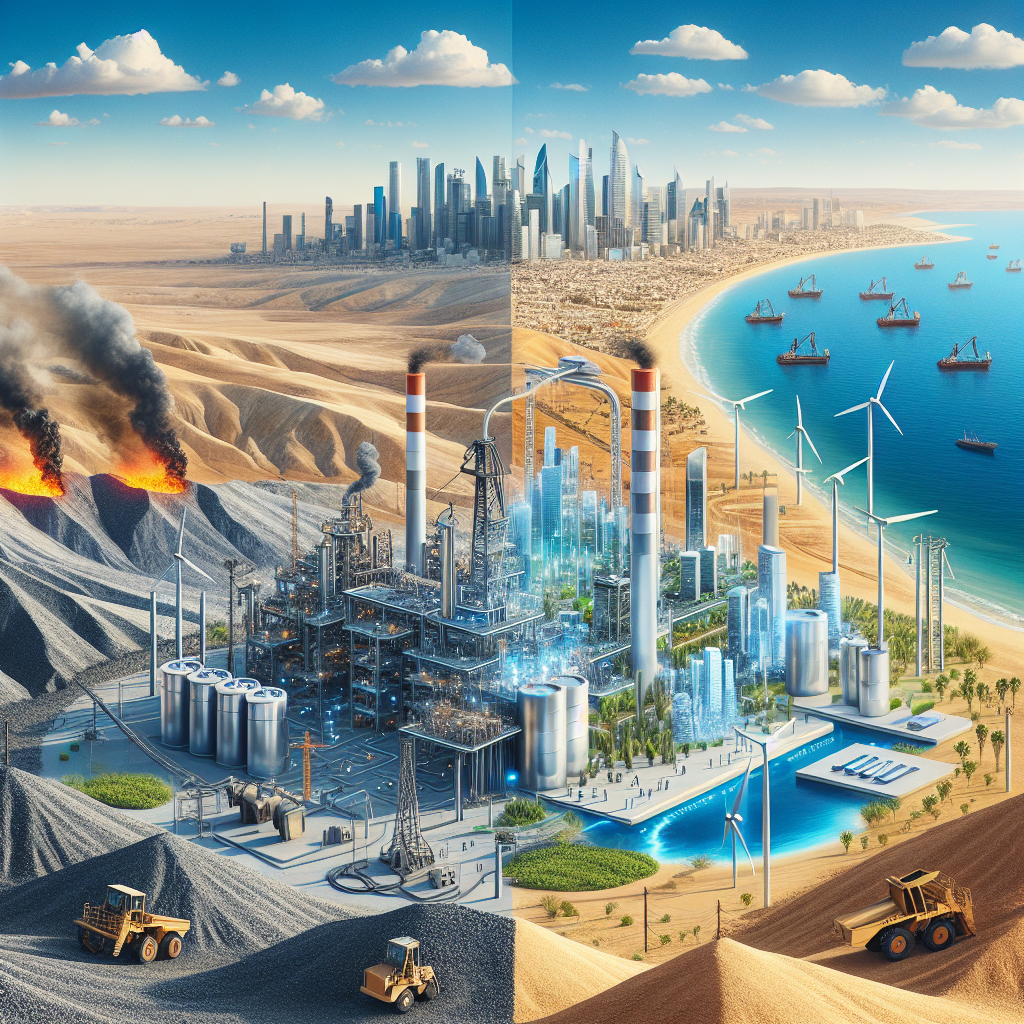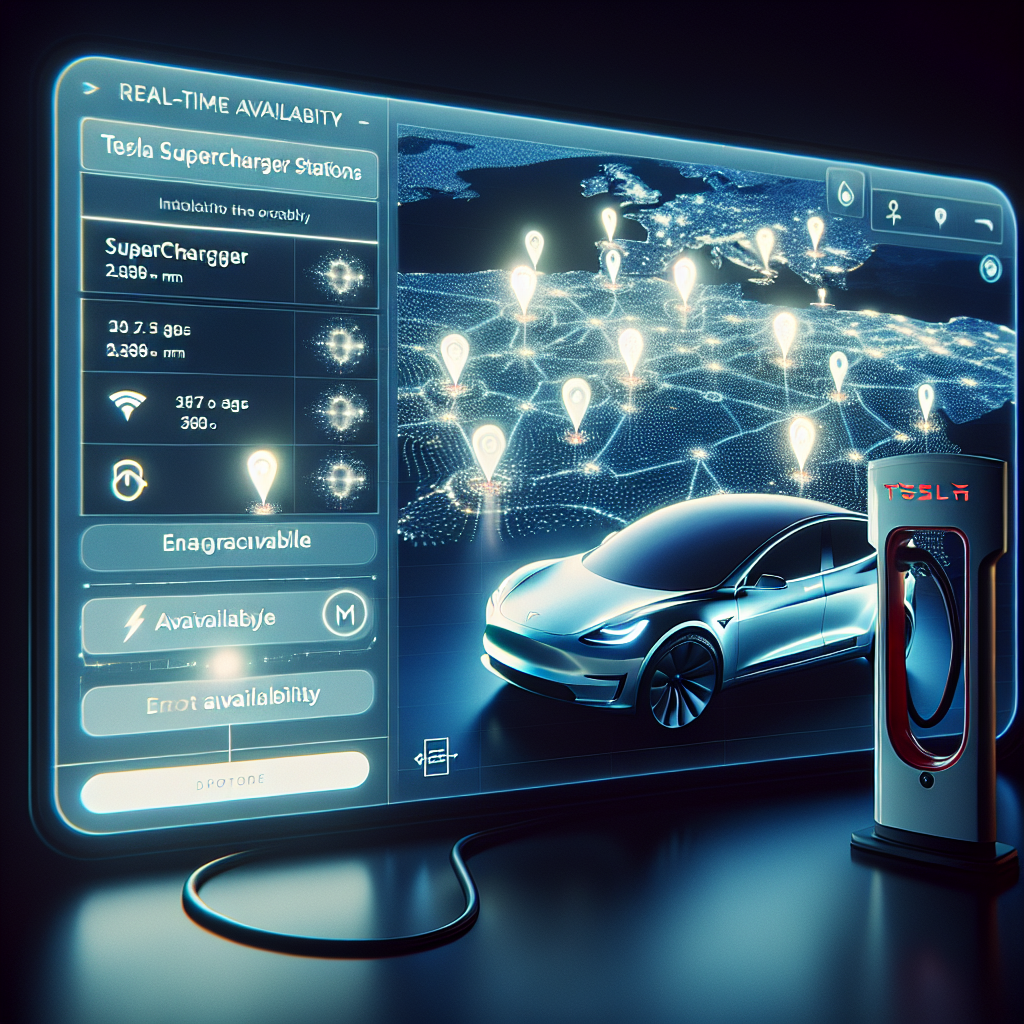In the quest to secure energy independence and expand economic opportunities, Israel is setting its sights on becoming a pivotal player in the global lithium market, an ambition that could potentially reshape the geopolitical landscape of energy resources. This pursuit is underscored by the recent initiative to authorize strategic mining projects for lithium and other essential minerals, as revealed in a report from Calcalist.
Lithium, a critical component in the batteries that power electric vehicles (EVs), has seen soaring demand paralleling the rise of the EV market. With this demand expected to surge even higher in the coming decades, countries rich in lithium resources find themselves at an advantageous intersection of economic opportunity and geopolitical significance.
Israel’s government has recognized this potential, prompting the Ministry of Energy to explore avenues to leverage the nation’s geotechnical capabilities. The ministry has proposed a survey to understand better the deposits within the Dead Sea, as well as other locations that might harbor significant quantities of lithium.
The initiative could significantly enhance Israel’s economic landscape, aligning it with other nations that have capitalized on their mineral resources. Countries like Chile, Australia, and Argentina currently dominate global lithium production, but the market is expanding rapidly, with the United States and European nations also exploring ways to decrease their dependence on imported critical minerals.
Moreover, Israel’s technological prowess could give it an edge in the efficient and environmentally responsible extraction and processing of lithium. The nation is already a leader in technological innovations, particularly in the fields of water conservation and renewable energy, sectors that are deeply intertwined with mineral extraction and processing.
However, this venture is not without its challenges. The process of mining and refining lithium must be managed carefully to mitigate environmental impacts, particularly in sensitive areas like the Dead Sea, which is both a unique ecological spot and a major tourist attraction. The success of this initiative will depend heavily on balancing economic benefits with environmental conservation.
Additionally, the global competition for lithium market share is fierce, and establishing a new entrant involves not just substantial economic investment but also navigating complex geopolitical dynamics. Israel’s relationships with neighboring countries and major powers could shape its access to markets and technology in critical ways.
The helium race, as epitomized by countries’ scrambles for oil in the 20th century, underscores the strategic element of owning and processing key resources. Lithium could very well be a cornerstone of energy security and economic strategy for the nations prepared to invest in its potential.
Ultimately, Israel’s move could signify a significant shift towards a more resource-independent posture, echoing a broader trend where nations are seeking greater control over their energy resources. This plan, while still in its initial stages, sets a precedent for Middle Eastern dynamics and for countries worldwide wrestling with the balance of energy needs, environmental concerns, and economic growth.



